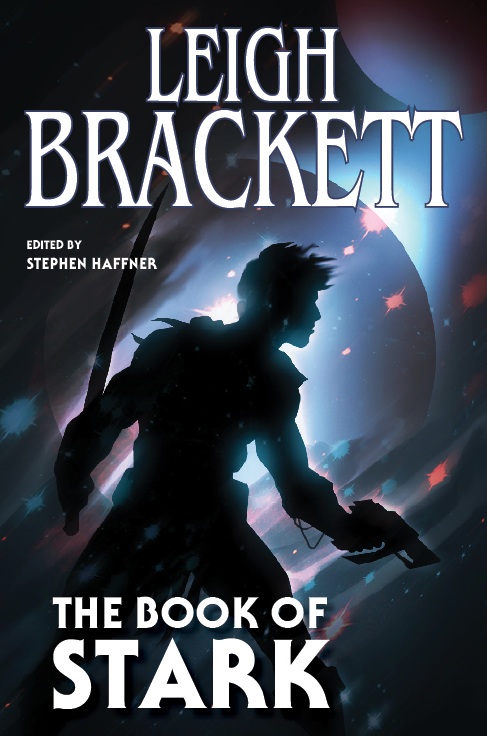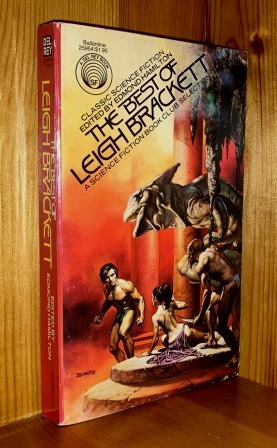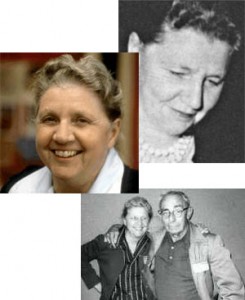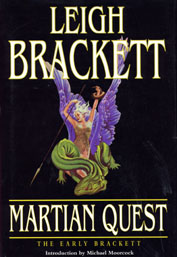
Her tales of Eric John Stark, soldier of fortune on a dying planet, rank with the best “lost world” action fantasy ever written. Burroughs) as one of the best writers about a fictional Mars in the whole field. Because Humphrey Bogart, Lauren Bacall, John Wayne, Robert Mitchum, Howard Hawks, Dean Martin!) But by 1960 or so, she was firmly established (after E.R. She had more screenwriting credits, but for the period, those are probably her best-known. (Even those who didn’t read SF/F were probably aware of the name because of her screenwriting credits, like The Big Sleep (with William Faulkner and Jules Furthman), 1946 Rio Bravo (with Jules Furthman), 1959 Hatari!, 1962 and El Dorado, 1967. If you grew up during the ‘50s and ‘60s and read SF/F, you had to be aware of the name Leigh Brackett. We SF-predictive types have been caught with our figurative pants down. So why didn’t any of the predictive types figure this one out? Well, Dick Tracy in the comics had his Two-Way TV watch-an offshoot of his futuristic two-way radio watch-and, in the 1960s, Star Trek came up with a “flip-phone” type communicator, but technology has advanced really far and extremely quickly.

(And only us lucky big-city folk had a single line most rural or semi-rural people had party lines.) The idea that you’d soon (in relative terms) be able to carry a pocket-sized device that you could make phone calls on, play games on, talk to (and have it talk back), watch TV and movies on, and even read books on, would have been pure SF!

And it had a cord connected to a handset that you put in front of your ear and mouth.

Your phone was this big black thing that sat on a table in the front hall or on a wall in the kitchen.

There was none of this newfangled stuff like e-ink or electronic readers or cell phone apps. Heck, even the corner store had SF/F paperbacks and magazines, alongside the Westerns, comics, and hardboiled detective and action paperbacks and magazines. The bookstores had hardcovers and paperbacks in a wide range of authors and types of SF/F, and magazines sometimes. When I was a youngster, the library had several shelves full of hardcover SF/F, ranging from the 1930s to the 1950s (seldom paperbacks). I pity the modern reader, who can’t go to the local library or bookstore and find more than a few tie-in novels for TV or movies, with the occasional Herbert or Heinlein thrown in.


 0 kommentar(er)
0 kommentar(er)
